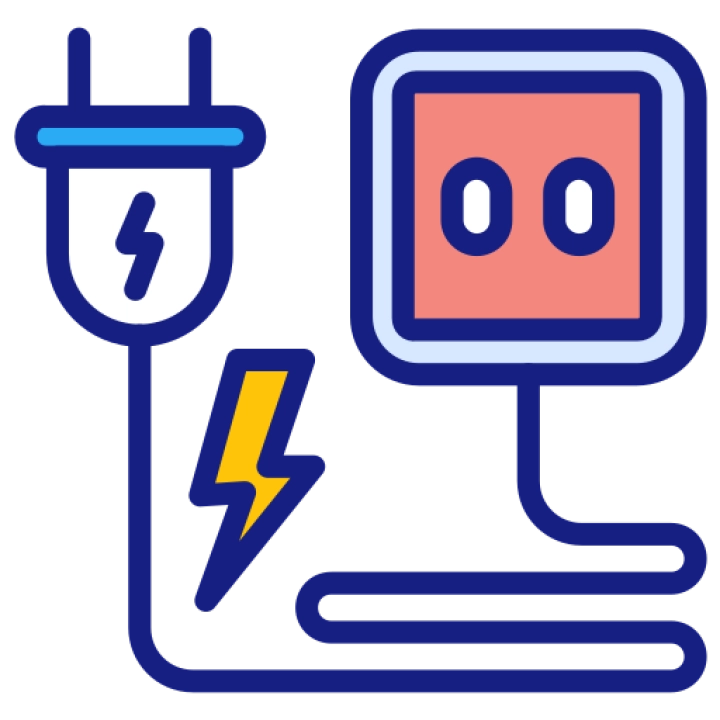College: Vocational School
The Electrical Engineering major focuses on the design, analysis, and application of electrical systems and devices. Students gain skills in circuit theory, electronics, electromagnetism, control systems, and power systems, preparing them for careers in various industries such as electronics, communications, energy, and automotive.
Learning Objectives:
- Understand electrical engineering principles.
- Develop skills in circuit analysis and design.
- Learn electronics and digital systems.
- Explore electromagnetism and wave propagation.
- Analyze control systems and signal processing.
- Develop critical thinking, problem-solving, and creative skills.
- Gain practical experience through projects and internships.
Main Curriculum:
- Introduction to Electrical Engineering - Overview of electrical engineering principles, history, and industry trends.
- Circuit Analysis - Basics of circuit theory and analysis techniques.
- Electronics - Principles of electronic devices and circuits.
- Digital Systems - Design and analysis of digital circuits and systems.
- Electromagnetism - Study of electromagnetic fields and wave propagation.
- Control Systems - Principles of control systems and stability analysis.
- Signal Processing - Techniques for signal processing and analysis.
- Power Systems - Understanding and analysis of electrical power systems.
- Communication Systems - Principles of communication systems and networks.
- Microprocessors and Embedded Systems - Design and application of microprocessors and embedded systems.
- Portfolio Development - Creation of a professional portfolio showcasing electrical engineering skills.
- Practical Training/Internships - Hands-on experiences in engineering firms, electronics companies, or research labs.
- Capstone Project - Comprehensive project applying electrical engineering skills, such as designing an electronic device, developing a control system, or analyzing a power system.
Assessment Methods:
- Analysis of electrical engineering principles
- Circuit analysis projects
- Electronics projects
- Digital systems projects
- Electromagnetism projects
- Control systems projects
- Signal processing projects
- Power systems projects
- Communication systems projects
- Microprocessors and embedded systems projects
- Portfolio development projects
- Internship reports
- Final projects and presentations
Recommended Textbooks:
- "Introduction to Electrical Engineering"
- "Circuit Analysis"
- "Electronics"
- "Digital Systems"
- "Electromagnetism"
- "Control Systems"
- "Signal Processing"
- "Power Systems"
- "Communication Systems"
- "Microprocessors and Embedded Systems"
- "Portfolio Development"
Prerequisites:
Basic knowledge of physics and mathematics and an interest in electrical engineering.
Duration:
The study duration for a Bachelor's degree in Electrical Engineering is typically 4 years.
Certification:
Graduates can obtain certifications such as:
- Professional Engineer (PE) in Electrical Engineering
- Certified Electronics Technician (CET)
- Certifications in specific electrical engineering programs and tools
Target Audience:
Aspiring electrical engineers, electronics engineers, control systems engineers, and professionals seeking careers in engineering firms, electronics companies, research labs, and related fields.
This major equips students with the technical and analytical skills necessary to excel in electrical engineering, supporting careers in various roles within engineering firms, electronics companies, research labs, and related fields.









